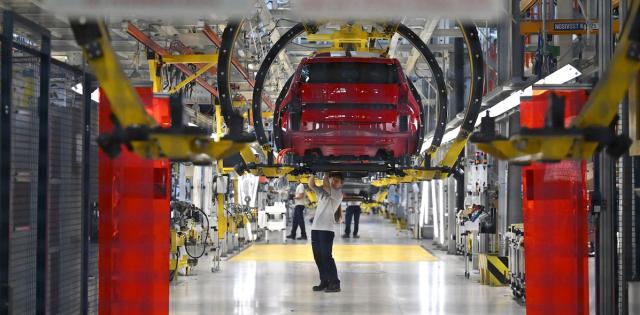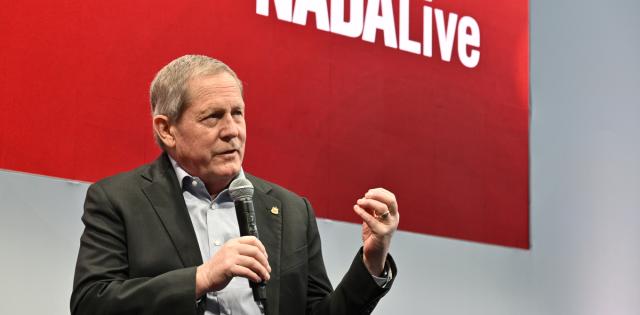Late last week, President Trump announced a plan to adopt a broad five percent tariff on all imports from Mexico into the United States. The tariffs are slated to begin on June 10 and could increase to as much as 25 percent by October 1, 2019. Unlike other tariffs his administration has implemented or is considering implementing—to address trade imbalance and spur the American economy, the origin of the duty on Mexican goods is to address illegal immigration from Mexico.
A broad-based tariff on imports from Mexico equates to a consumer tax that would have a detrimental impact on the automotive industry and hurt vehicle affordability for customers. Automobile production today is so deeply integrated across international boundaries that virtually all cars and trucks contain imported components. This includes domestic and international nameplates assembled in the United States with many of their components imported from Mexico. In 2018, the U.S. imported $59.4 billion in automotive parts from Mexico, which were used for both manufacturing and vehicle repair.
With a five, ten or even 25 percent tariff on these imports, automakers, new-car dealers and consumers would all experience the ripple effect. Customers would feel a combination of increased prices on all new vehicle purchases, as well as the cost of service and repair with parts often coming from abroad.
This is of particular concern given that the average transaction price and average month payment for both new and used vehicles continues to rise. In January 2019, the average new vehicle transaction price was $36,410 and the average used vehicle transaction price was $20,797.
NADA is concerned that such a tax would mean higher prices and fewer choices for consumers. NADA will always be on the side of maintaining affordability for our customers that allows them to purchase the new cars and trucks they need and want at prices they can afford.












